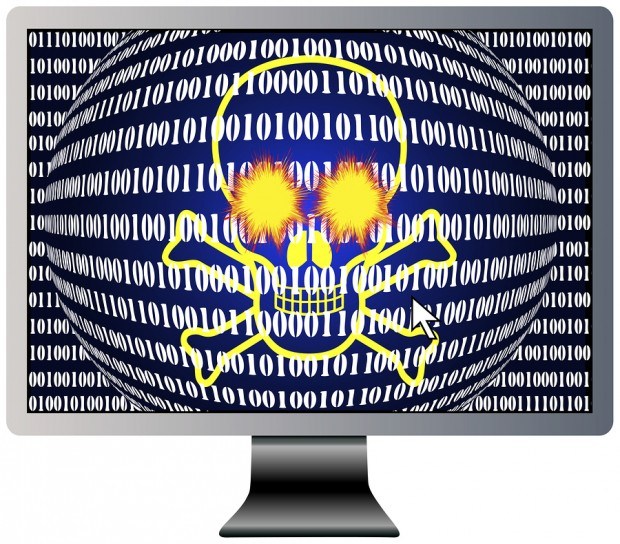Navy Vice Admiral Michael Rogers, nominated by President Barack Obama to be the next director of the National Security Agency, told lawmakers that cyber warfare is on the rise.
Rogers said Ukraine is the target of cyber attacks now and, mentioning previous Russian attacks on Syria and Georgia, he said Internet warfare “will be an element of any crisis we’re going to see in the future.” Underscoring the difficulty of locating the source of cyber attacks, he declined to pin the current ones on Russia.
Even as he stressed the growing importance of cyber warfare, Rogers said during a Senate hearing Tuesday that one of his toughest tasks as head of the U.S. electronic espionage agency would be convincing Americans that the NSA’s work is legitimate.
“One of my challenges as the director, if confirmed, is how do we engage the American people, and by extension their representatives, in a dialogue in which they have a level of comfort as to what we are doing and why,” Rogers said. He defended the agency’s practice of collecting phone records data, including numbers used to make and receive calls and their duration.
“That is no insignificant challenge for those of us with an intelligence background,” he told the Senate Armed Services Committee on his nomination as NSA director, as well as head of the U.S. CyberCommand, replacing Army General Keith Alexander.
The NSA faces criticism and scrutiny by civil liberties groups, technology companies and U.S. allies after Edward Snowden, a former NSA contractor, revealed details of how the agency secretly gathered metadata from billions of phone calls from around the world, as well as Internet records.
Patriot Act
Asked by Senator Carl Levin, the Michigan Democrat who heads the committee, whether Section 215 of the Patriot Act, which allows the NSA to collect such phone data, has helped stop threats to the U.S., Rogers said he hasn’t had a chance to review the program’s usefulness.
The five-member Privacy and Civil Liberties Oversight Board, created by Congress under post-Sept. 11 anti-terrorism laws, said in a 238-page report in January that the program to collect and store the records has provided only “minimal” help in thwarting terrorist attacks.
Obama in January backed the NSA’s continued collection of phone records data while supporting restrictions on the agency’s ability to store such information. The U.S. privacy-policy board has opposed the administration’s views on the data collection, concluding that the NSA’s collection of bulk telephone data is illegal and should be stopped.
Record Storage
Rogers on Tuesday said he opposed the board’s recommendation and that the NSA is able to continue collecting such information without violating Americans’ privacy.
He backed the Obama administration’s proposal to have the phone records stored by a third party or by the phone companies themselves.
“I believe we could make either scenario work, whether the service providers did it or a third party did it,” Rogers said. “There are definitely some challenges we’ll need to work through, but I’m confident in our ability to do so.”





















 RLI Inks 30th Straight Full-Year Underwriting Profit
RLI Inks 30th Straight Full-Year Underwriting Profit  Flood Risk Misconceptions Drive Underinsurance: Chubb
Flood Risk Misconceptions Drive Underinsurance: Chubb  Lessons From 25 Years Leading Accident & Health at Crum & Forster
Lessons From 25 Years Leading Accident & Health at Crum & Forster  Berkshire-owned Utility Urges Oregon Appeals Court to Limit Wildfire Damages
Berkshire-owned Utility Urges Oregon Appeals Court to Limit Wildfire Damages 




